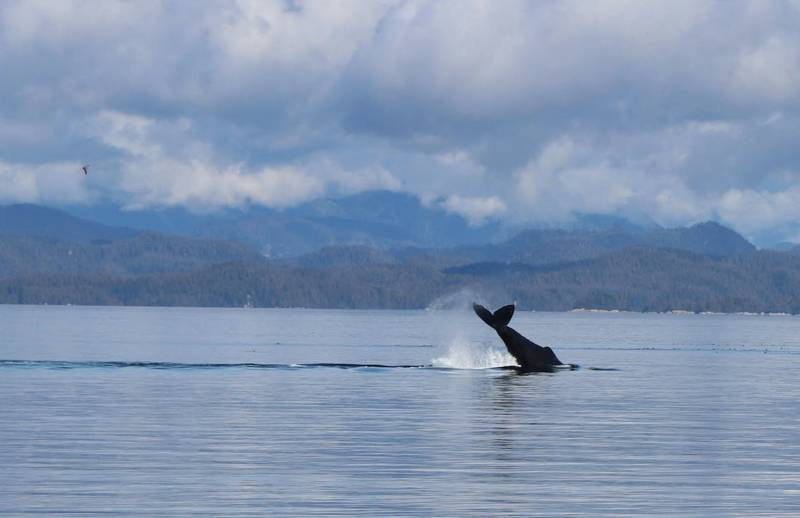Government proposes to extend ban on destructive bottom trawling
Bottom trawling – a fishing method that involves dragging large nets along the sea floor – could be banned across more vulnerable areas of English seas.
The government is committed to protecting our oceans and today (Monday 9th June) has outlined plans to ban the destructive practice in more Marine Protected Areas (MPAs). The measures would help protect rare marine animals, as well as the delicate seabeds on which they rely, from indiscriminate and potentially irreversible damage.
A consultation will invite marine and fisheries stakeholders to share their views and evidence on the prohibition of destructive bottom-towed fishing gear that could affect approximately 30,000km2 spanning 41 MPAs.
The measures would protect marine habitats ranging from subtidal sandbanks to gravels to muds, and support important marine species such as lobster, clams, soft corals and langoustines.
A ban on bottom trawling in these areas would help conserve valuable and rare marine life, and allow seabeds to recover from damage caused by destructive fishing practices.
Such regeneration will produce healthier marine ecosystems across English waters, supporting greater biodiversity in our seas for the enjoyment of everyone, as well as preserving vulnerable underwater life that is essential for nature to heal and thrive.
Bottom trawling is damaging our precious marine wildlife and habitats.
Without urgent action, our oceans will be irreversibly destroyed – depriving us, and generations to come, of the sea life on which we all enjoy.
The Government is taking decisive action to ban destructive bottom trawling where appropriate.
For too long damaging activities have been allowed to continue within many of our Marine Protected Areas (MPAs) which are supposed to protect the seabed.
The Wildlife Trusts have been campaigning for a long time for better management of our MPAs and therefore welcome the news today of a consultation to ban bottom-towed trawling in over 40 offshore sites.
Removing this pressure is a great step forward towards protecting not only the wildlife and fish stocks within those sites, but also the carbon stored in the seabed muds beneath. Following this consultation, we hope that these measures will be put in place rapidly to enable recovery of these sites, a win-win for both nature and the climate.
Destructive bottom trawling has no place in marine protected areas. These proposals provide a golden opportunity to safeguard these vital marine sanctuaries from the most damaging fishing practices.
If these whole-site bans are fully implemented, this could provide an invaluable and urgently needed lifeline for England’s seas, which are so crucial for wildlife and climate resilience.
The proposed measures would add to the approximately 18,000 km2 of English seabed already protected from bottom-towed fishing gear, and form part of the government’s ambitious programme to protect all English MPAs from harmful activity where needed.
The design of the measures and choice of MPAs has been based on detailed assessments into the impacts of fishing on sensitive seabed habitats and species at risk of damage by bottom-towed fishing gear.
The consultation will be launched by the Marine Management Organisation (MMO) in partnership with Defra, and run for 12 weeks from Monday 9th June to Monday 1st September.
Elsewhere at the United Nations Ocean Conference, the government pledged a further £4 million to the Global Fund for Coral Reefs to help protect this vital marine habitat, bringing the UK’s total contribution to the fund up to £40 million.
It also announced £2.8 million investment into the Outrigger Technical Assistance Fund to support sustainable blue economies in small island developing states, and reiterated its commitment to agree an ambitious, legally binding plastic pollution treaty when negotiations resume in Geneva this August.
This government is committed to protecting and restoring our ocean to good health, delivering on our commitment to protect 30 per cent of the ocean by 2030.
Last month, the government announced its £360 million Fishing and Coastal Growth Fund to modernise Britain’s fishing fleet and support the seafood sector in the face of changing global pressures.











